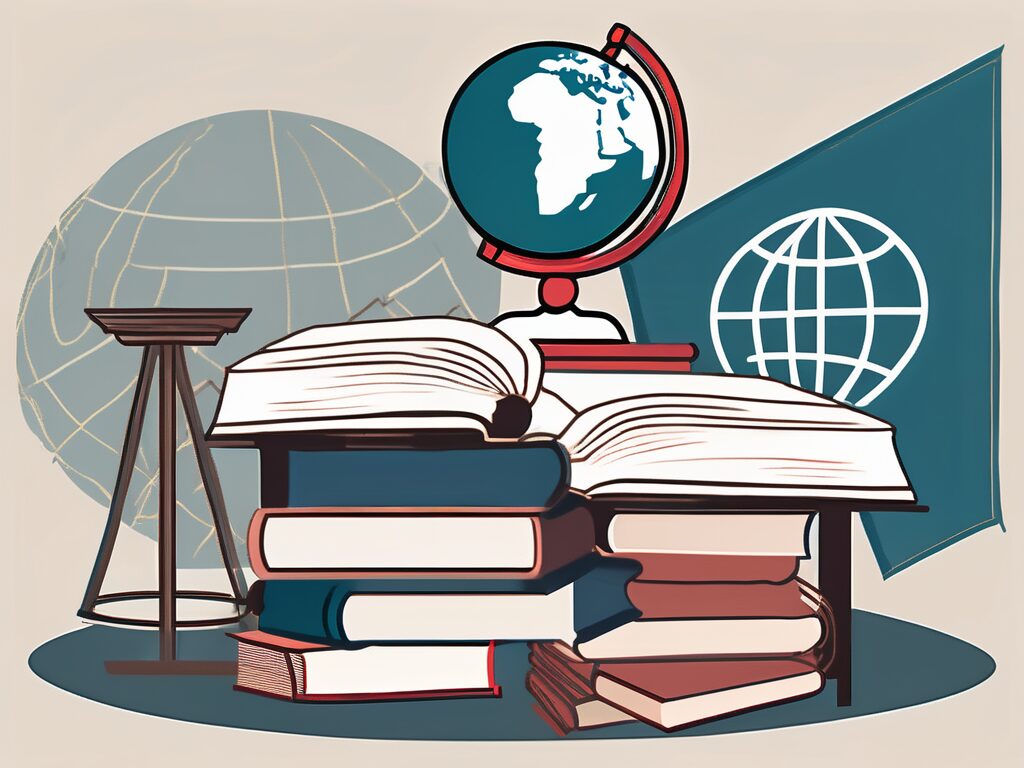Teaching is a noble profession that requires a unique blend of skills, knowledge, and patience. For those with a Master’s in Education, the challenges can be even more complex, particularly when teaching in a foreign country such as China. This article will delve into the top challenges faced by teachers with a Master’s in Education in China and discuss four key factors that contribute to these challenges.
1. Language Barrier
The first and perhaps the most obvious challenge is the language barrier. While English is taught in Chinese schools, it is not the primary language. Teachers with a Master’s in Education, who are used to teaching in English, may find it difficult to communicate effectively with their students.
Moreover, the nuances of the Chinese language, with its tones and characters, can be quite complex for a non-native speaker. This can lead to misunderstandings and miscommunications in the classroom, which can be frustrating for both the teacher and the students.
However, it’s not just about language. Cultural differences can also play a part in communication difficulties. For example, in Chinese culture, it is often considered impolite to directly say ‘no’. Instead, people may use more indirect ways to express disagreement or refusal. This can be confusing for teachers who are not familiar with these cultural norms.
2. Different Teaching Methods
Another challenge for teachers with a Master’s in Education in China is adapting to different teaching methods. In many Western countries, education is often student-centred, with a focus on developing critical thinking skills and encouraging independent learning.
In contrast, Chinese education is often more teacher-centred, with a focus on rote learning and memorisation. This can be a significant adjustment for teachers who are used to a more interactive and participatory style of teaching.
Furthermore, the pressure to perform well in exams is high in China, and this can influence the teaching methods used. Teachers may feel the need to ‘teach to the test’, which can limit their ability to use more creative and engaging teaching methods.
3. High Expectations
Teachers with a Master’s in Education are often held to high standards, and this is no different in China. Parents, students, and school administrators often have high expectations for these teachers, which can put a lot of pressure on them.
These expectations can be related to the teacher’s knowledge and expertise, their teaching methods, or their ability to help students achieve high grades. Meeting these expectations can be challenging, particularly when dealing with the other challenges discussed in this article.
However, it’s important to remember that these high expectations are often a sign of respect for the teacher’s skills and qualifications. It’s a recognition of the important role that teachers play in shaping the minds of the next generation.
4. Cultural Differences
Finally, cultural differences can pose a significant challenge for teachers with a Master’s in Education in China. These differences can affect many aspects of teaching, from classroom management to the way feedback is given and received.
For example, in Chinese culture, respect for authority is highly valued. This can affect the teacher-student relationship, with students often showing a high level of respect for their teachers. However, it can also mean that students are less likely to question their teachers or challenge their ideas, which can be a significant adjustment for teachers who are used to a more open and interactive classroom environment.
Furthermore, the concept of ‘face’, or maintaining one’s reputation and dignity, is important in Chinese culture. This can affect the way feedback is given and received. For example, teachers may need to be careful to give feedback in a way that does not cause the student to ‘lose face’.
In conclusion, teaching in China can be a rewarding and enriching experience for teachers with a Master’s in Education. However, it also comes with its own unique set of challenges. By understanding and preparing for these challenges, teachers can better navigate their teaching journey in China and make the most of this exciting opportunity.
Enhance Your Teaching Career in China with The IQTS at UWE
Understanding the challenges of teaching in China with a Master’s in Education is just the beginning. Take your next step with The International Qualified Teacher Status (iQTS) Programme at UWE. Designed for educators aiming to excel internationally, the iQTS not only prepares you to meet stringent qualification standards but also significantly boosts your career prospects. With the iQTS, experience a 45% increase in promotion rates, a 30% salary boost, and expand your professional network by 300%. Embrace the flexibility of online study options to balance your professional development with your teaching commitments. Make Your Next Step and join a community of educators who are 65% more adaptable to global education systems.

